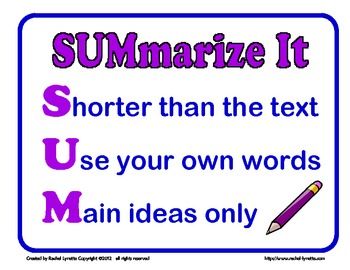we drink you at noontime and dawntime we drink you at night
we drink and drink
we scoop out a grave in the sky where it’s roomy to lie
There’s a man in this house who cultivates snakes and who writes
who writes when it’s nightfall nach Deutschland your golden hair Margareta
he writes it and walks from the house and the stars all start flashing he whistles his dogs to draw near
whistles his Jews to appear starts us scooping a grave out of sand
he commands us to play for the dance
Black milk of morning we drink you at night
we drink you at dawntime and noontime we drink you at dusktime
we drink and drink
There’s a man in this house who cultivates snakes and who writes
who writes when it’s nightfall nach Deutschland your golden hair Margareta
your ashen hair Shulamite we scoop out a grave in the sky where it’s roomy to lie
He calls jab it deep in the soil you lot there you other men sing and play
he tugs at the sword in his belt he swings it his eyes are blue
jab your spades deeper you men you other men you others play up again for the dance
Black milk of morning we drink you at night
we drink you at noontime and dawntime we drink you at dusktime
we drink and drink
there’s a man in this house your golden hair Margareta
your ashen hair Shulamite he cultivates snakes
He calls play that death thing more sweetly Death is a gang-boss aus Deutschland
he calls scrape that fiddle more darkly then hover like smoke in the air
then scoop out a grave in the clouds where it’s roomy to lie
Black milk of morning we drink you at night
we drink you at noontime Death is a gang-boss aus Deutschland
we drink you at dusktime and dawntime we drink and drink
Death is a gang-boss aus Deutschland his eye is blue
he shoots you with leaden bullets his aim is true
there’s a man in this house your golden hair Margareta
he sets his dogs on our trail he gives us a grave in the sky
he cultivates snakes and he dreams Death is a gang-boss aus Deutschland
your golden hair Margareta
your ashen hair Shulamite

